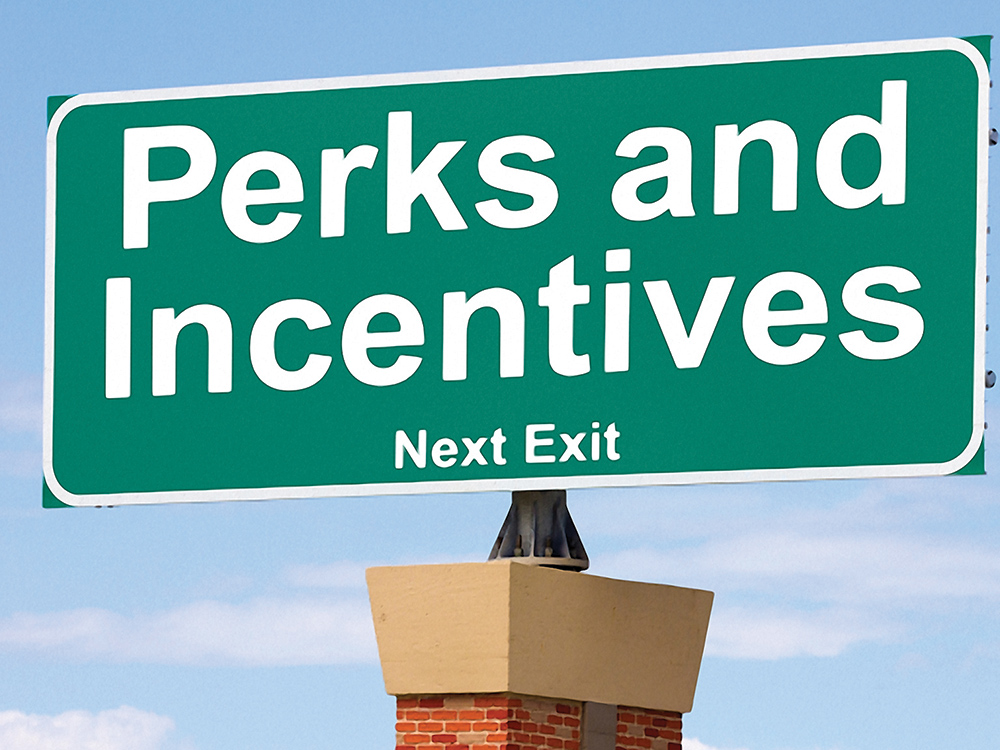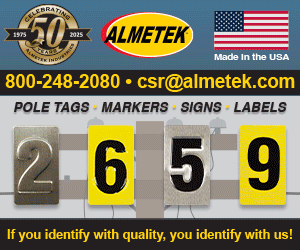If there’s one thing you can count on in renewable energy, it’s change. Regulations shift, subsidies come and go and customer demand can flip on a dime. Losing key federal and state incentives has forced solar manufacturers to rethink how they connect with contractors, dealers and distributors.
Loyalty isn’t automatic. It's something you have to earn and protect. The smartest manufacturers turn to sales incentive programs to stay ahead, get real-time insights and strengthen those crucial relationships across their sales channels.
Here’s what investing in incentives can do for solar and energy brands:
- Keep you top of mind with contractors and installers who have plenty of options.
- Encourage upselling and cross-selling of your best or newest products.
- Maintain sales momentum even when funding or policies get shaky.
- Capture valuable sales data to guide smarter marketing and forecasting.
And this isn’t just theory. On average, companies using well-designed incentive programs see sales jump about 30%, even in tough or shifting markets.
What are sales incentive programs?
Sales incentive programs are structured reward systems designed to motivate contractors, dealers and distributors to promote and sell your products more effectively. These programs typically offer rewards, such as cash bonuses, gift cards, travel incentives or exclusive recognition, based on achieving specific sales goals or behaviors. By aligning rewards with desired actions, incentive programs help build stronger partnerships, boost sales performance and provide valuable data on what drives success.
What makes an incentive program work?
There’s no universal template, but the most effective programs share key attributes:
- Clear goals and structure: Participants need to know precisely which behaviors or outcomes will earn rewards. To drive performance, tailor goals to your program’s unique objectives; whether boosting sales in a specific channel, increasing product knowledge or improving customer retention. Make sure goals are specific, measurable and achievable, and track progress using KPIs like revenue growth, deal registrations, product upsell rates or training completions. Clear, relevant goals keep participants focused and motivated.
- Tiered rewards: Not all participants start at the same level or are motivated by the same incentives. By using tiered, performance-based rewards, such as the 20-60-20 rule, you can effectively engage partners across the spectrum. This approach rewards the top 20% of performers with premium incentives that recognize their exceptional results, while the middle 60% receive scalable rewards designed to encourage steady improvement. The remaining 20% may receive motivational rewards or support to help them grow. This diverse reward structure creates clear growth opportunities, meets partners where they are and keeps more participants motivated and engaged, avoiding the pitfall where only top performers benefit and others lose interest.
- Digital accessibility: Your incentive program must be easy to access and use anytime, anywhere – especially on mobile devices. Contractors, dealers and distributors should be able to quickly upload photos of invoices, sales claims or warranty registrations right from their phones to instantly submit them for rewards. This seamless mobile process removes the need for a desktop and helps participants earn incentives on the spot. With tools that enable fast submissions and immediate reward eligibility, engagement stays high. A mobile-friendly platform or app also lets users track progress, redeem rewards and get support without hassle, making participation effortless and driving better program results.
- Real-time reporting: Live dashboards that show participants their current standings create a friendly, healthy competition that fuels ongoing effort. On the brand side, real-time data lets you spot trends, troubleshoot issues and adjust incentives on the fly to maximize impact. And with AI-driven analytics becoming more common, energy companies can now get predictive insights to anticipate behavior and tailor programs dynamically.
- Dedicated support: Never underestimate the power of human connection. Even the best tech can fall flat without personalized guidance. Having program managers or support teams who understand the industry and the unique challenges participants face helps drive adoption and resolve issues quickly. This is especially important in industries like energy, where digital skills and resources can vary widely across contractors and dealers.
Recognition fuels retention
Here’s something people don’t always think about: the psychology of incentives is based on feeling valued. Contractors and dealers get bombarded with offers all day, but few brands actually say “thank you” in a meaningful way. A good incentive program says, "We see you. We appreciate you. We're invested in your success." In a competitive, high-pressure market like renewable energy, that kind of connection matters a lot.
Incentives build transparency
If you sell through multiple layers – dealers, distributors, contractors – it can be hard to know who’s really driving sales and why. Smart incentive programs shine a light on that. They help you spot top performers, identify gaps and see opportunities or risks before they become problems. A well-run incentive program is a tool for better decision-making.
Why it matters now
With federal renewable incentives rolling back, solar manufacturers and installers have to do more with less. The phase-out of the solar Investment Tax Credit and other subsidies reshaped the financial landscape, making it more important than ever to incentivize your dealers and contractors to champion your products instead of your competitors.
A real-world result
Take Siemens, a global energy and technology leader with a fast-growing solar division. Facing a complex incentive rollout with multiple product lines, tight deadlines and technical requirements, the company decided to partner with Extu.
“We knew there were complexities to navigate and we needed to move quickly,” said a representative from Siemens. “We put a challenging 30-day set-up goal in place and were able to meet every milestone with Nichole’s philosophy.”

Sales incentives are a powerful tool helping energy manufacturers boost performance and deepen channel loyalty. Source: Extu
The program not only launched on time but also helped drive a 32% increase in sales across key electrical products, including assembled panel boards, switchboards and modular metering, while laying the groundwork for ongoing partner engagement.
Don’t wait for the market to bounce back
In uncertain markets, it’s tempting to pull back. But the brands that lean in and find smarter ways to maintain sales without over-relying on discounts or ads are the ones that gain ground.
Sales incentives offer an efficient, strategic way to protect share and build momentum. They’re also a long-term investment in the people who ultimately make your product successful: the contractors, distributors and dealers on the front lines of every sale.

Nichole Gunn is the global chief marketing officer at Extu, bringing over 20 years of marketing expertise in the B2B sector. With a passion for data-driven strategies and innovative leadership, she excels in demand generation, brand development, and customer experience. Gunn earned her bachelor's degree in marketing and design from American Intercontinental University. She is certified in areas and skills ranging from SEO to Google with various leadership training certifications as well. She's also been named a Titan 100 and received the Gold MarCom Award for Extu's rebrand.







